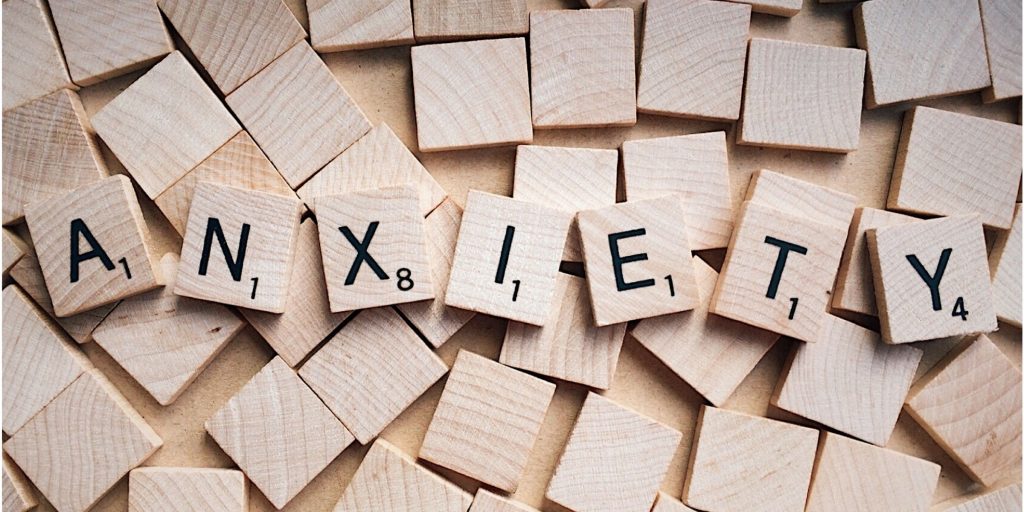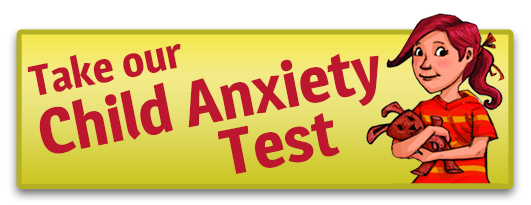Most parents recognize separation anxiety in their young children. When a little child is clinging to a parent or crying when a parent has to leave, everyone easily recognizes the problem. Yet many are not aware that teenagers and older children can also suffer from separation anxiety, though it manifests in a different way. As many as 4 percent of youth will suffer from separation anxiety that is bad enough to consider it a disorder during the school year. It affects boys and girls equally no matter the age. Recognizing the condition in all ages is essential to helping children overcome this disorder.
What Separation Anxiety Looks Like in Children
Separation anxiety has several peaks, and two of these are when a child is fairly young. At entry to kindergarten and again between the ages of 7 and 9, many children will suffer from separation anxiety.
In young children, you can expect to see:
- Clinging to parents
- Refusing to attend school
- Stomachaches
- Panic attacks
- Crying or tantrums
- Refusal to be alone
Most of these symptoms of separation anxiety are easy to spot, but sometimes the stomachaches and other physical symptoms are less so.
What Separation Anxiety Looks Like in Teenagers
Children often experience another peak in separation anxiety with the entrance to middle school or high school. Spotting separation anxiety in teens is harder, because teens are less likely to throw a temper tantrum when dropped off for school or other activities. Once they realize that their peers will not accept this behavior, teens begin to internalize their anxiety. This does not mean that it is any less impact or real, but it does mean that parents will need to do a little more digging to find out what is causing the symptoms. Some symptoms of separation anxiety in teens include:
- Dislike of school or school refusal
- Stomachaches, headaches and other physical symptoms
- Nightmares involving separation from a loved one
- Sleeping with a parent or needing a parent in room while falling asleep
- Insomnia
- Avoiding extra-curricular activities
- Anxiety about sleeping away from home or if parent(s) are away
- Heart racing or shortness of breath
- Insistence on knowing where parent is at all times
- Panic attacks
If you’re noticing these signs and symptoms in your teen, there could be an underlying psychological or medical condition, but in many instances it’s a case of separation anxiety.
How to Help with Separation Anxiety
Whether your child is 5 or 15, separation anxiety is a very real problem and needs to be dealt with in order to help your child adjust to periods of time without mom or dad present. If you suspect separation anxiety is hurting your child, take an approach of kindness and understanding. Acknowledge the anxiety and worries, and provide loving reassurance. Provide loving support to help make the separation more bearable. Read more about managing separation anxiety >
Remember, separation anxiety shows that your child or teen loves you and wants to be with you. This is a good thing! Try to provide support and help for the anxiety part of the process, and soon your days of separation anxiety struggles will be behind you.
Take our Anxiety Test to see if your child needs professional assistance.

